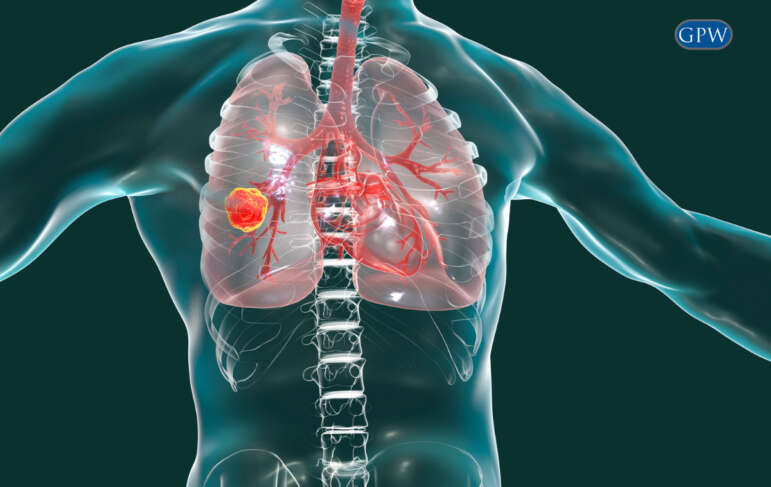Types of Mesothelioma
Mesothelioma is a rare and aggressive form of cancer that affects the mesothelium, a thin layer of tissue that lines various organs. This devastating disease is caused by exposure to asbestos fibers. While mesothelioma most commonly affects the lining of the lungs (pleura), it can also occur in the lining of the heart (pericardium) and abdomen (peritoneum).
Pleural Mesothelioma
Pleural mesothelioma, the most prevalent form of mesothelioma, occurs when asbestos fibers are inhaled and become lodged in the protective lining of the lungs, known as the pleura. These fibers cause mutations in the surrounding cells, leading to the development of cancer. Researchers and specialists have been able to focus on developing new treatment options for pleural mesothelioma patients, resulting in a wider range of available therapies. Consequently, individuals diagnosed with pleural mesothelioma often have access to a greater variety of treatment approaches.
While chemotherapy and radiation are commonly prescribed for pleural mesothelioma patients to impede the progression of the aggressive cancer cells, surgical interventions, such as a pleurectomy, often provide the most promising opportunity for an extended survival period. The prognosis for pleural mesothelioma is generally around one year, primarily influenced by factors such as the disease stage at diagnosis and the patient’s overall health. Nevertheless, patients who undergo innovative treatments have experienced prolonged survival, with some individuals living for several years despite the presence of the disease.
Pericardial Mesothelioma
Pericardial mesothelioma is an uncommon form of mesothelioma cancer that specifically targets the pericardium, the lining surrounding the heart. It typically manifests in individuals between the ages of 50 and 70, with a higher incidence in men compared to women. Symptoms often become apparent at an advanced stage, mirroring other heart-related conditions. Common manifestations include chest pain, fatigue, and shortness of breath. Due to the resemblance of symptoms with other cardiac disorders, diagnosing pericardial mesothelioma poses a significant challenge.
Treatment options for pericardial mesothelioma include surgical intervention and chemotherapy. However, it is worth noting that some patients opt not to pursue any treatment at all. Radiation therapy, while available, is administered to only a limited number of patients. This approach carries a higher risk due to the proximity of the heart, which necessitates careful consideration and assessment of potential complications. Compared to peritoneal or pleural mesothelioma, the prognosis for pericardial mesothelioma is generally unfavorable. Approximately 50-60percent of individuals diagnosed with pericardial mesothelioma succumb to the disease within six months. However, it is important to note that outcomes can vary among patients. More than 20 percent of individuals with pericardial mesothelioma survive for one year or longer. The 5-year survival rate for pericardial mesothelioma is approximately 9%.
Peritoneal Mesothelioma
Peritoneal mesothelioma is a rare and aggressive form of cancer that targets the peritoneum, a membrane that lines the abdominal cavity and organs such as the liver and intestines. Similar to other types of mesothelioma, peritoneal mesothelioma is linked to previous exposure to asbestos.. One of the distinguishing characteristics of peritoneal mesothelioma is its aggressive nature. It tends to spread extensively throughout the abdominal lining by the time it is diagnosed, making early detection challenging.
Without treatment, individuals diagnosed with peritoneal mesothelioma typically have a life expectancy ranging from six months to a year. However, the prognosis improves with proper treatment. Patients who undergo cytoreductive surgery combined with heated intraperitoneal chemotherapy (HIPEC) can experience survival rates of two to six years following their diagnosis. While peritoneal currently has no known cure, collaborating with a specialized team of cancer experts who possess experience in treating mesothelioma can significantly enhance treatment outcomes. Additionally, working alongside palliative care professionals can improve the overall quality of life as patients navigate through their cancer diagnosis.
If you or a loved one has been diagnosed with any type of mesothelioma after asbestos exposure, our experienced team at Goldberg Persky and White is here to help. Contact us at 412-471-3980 or fill out our contact form to learn about your options and see if you could be entitled to compensation.




